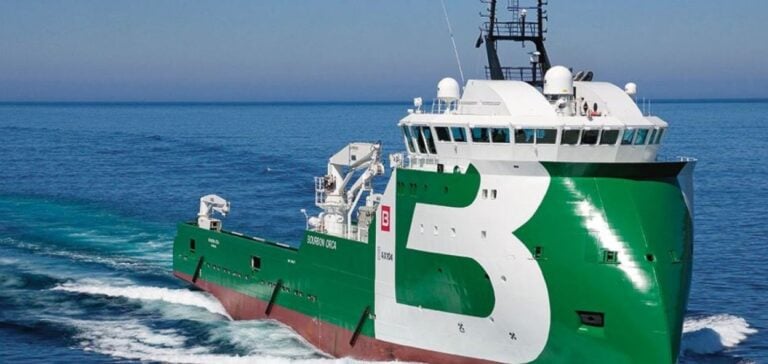The legal saga began in October 2012 at Marseille-Provence airport. Customs officials discover $250,000 hidden in the frame of a suitcase belonging to Marc Cherqui, Bourbon’s Tax Director. The latter quickly admits that the money was intended to bribe African officials to reduce tax adjustments. However, this case is not an isolated one in the sector of large energy companies.
Corruption details
Bourbon, involved in the oil and wind sectors, has set up a complex, well-oiled system. In Nigeria, the group paid $2 million to reduce a tax reassessment from $227 to $4 million. In Equatorial Guinea, 400,000 euros reduced an 8 million euro tax debt to less than 45,000 euros. In Cameroon, 150,000 euros cleared a debt of 11 million euros.
Legal and ethical implications
These practices have led to formal charges of bribery of foreign public officials. French law, in line with international conventions, severely punishes such acts. The implications for Bourbon are serious, with the risk of heavy financial penalties and significant reputational damage.
The defense of Bourbon
Bourbon’s defense is based on the denial of corruption. Indeed, the company argues that the accusations are not supported by formal documentary evidence. However, the affair has already had internal consequences, such as the liquidation of Bourbon Corporation and the takeover of its assets by a banking consortium.
Defendants’ reactions
Gaël Bodénès, still head of the group, denies any involvement in the alleged offences. The other executives involved also deny the accusations. Marc Cherqui, on the other hand, positions himself as a whistle-blower, claiming to have acted under orders from his superiors and presenting exchanges of communications as evidence of his coercion.
The trial underway in Marseille is more than a court case; it tests the integrity of the global shipping industry. Future decisions could redefine compliance and liability standards for companies operating internationally.






















